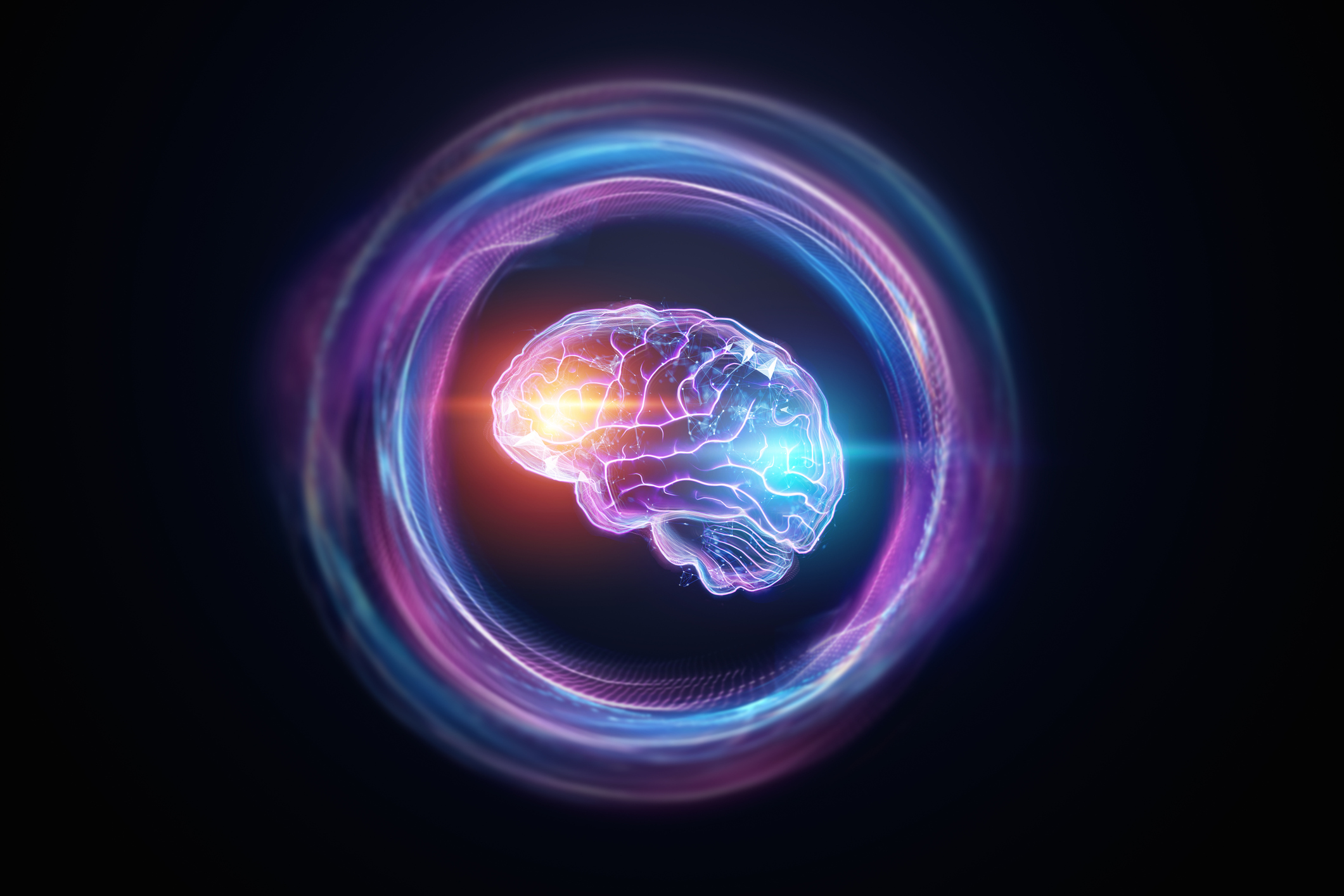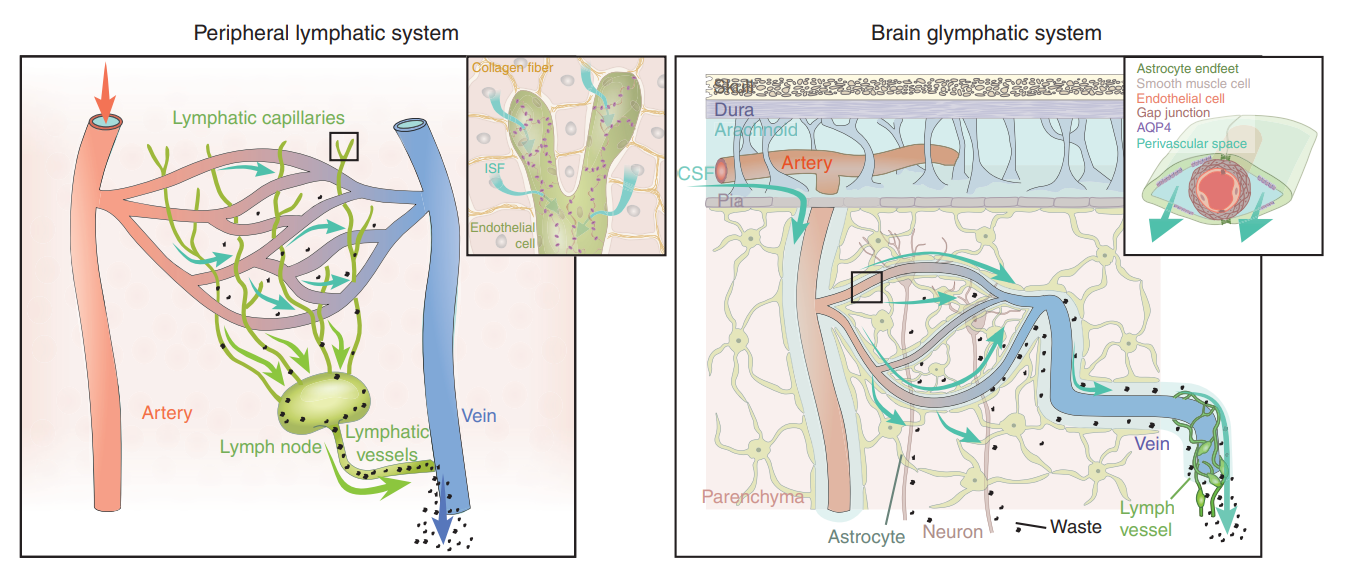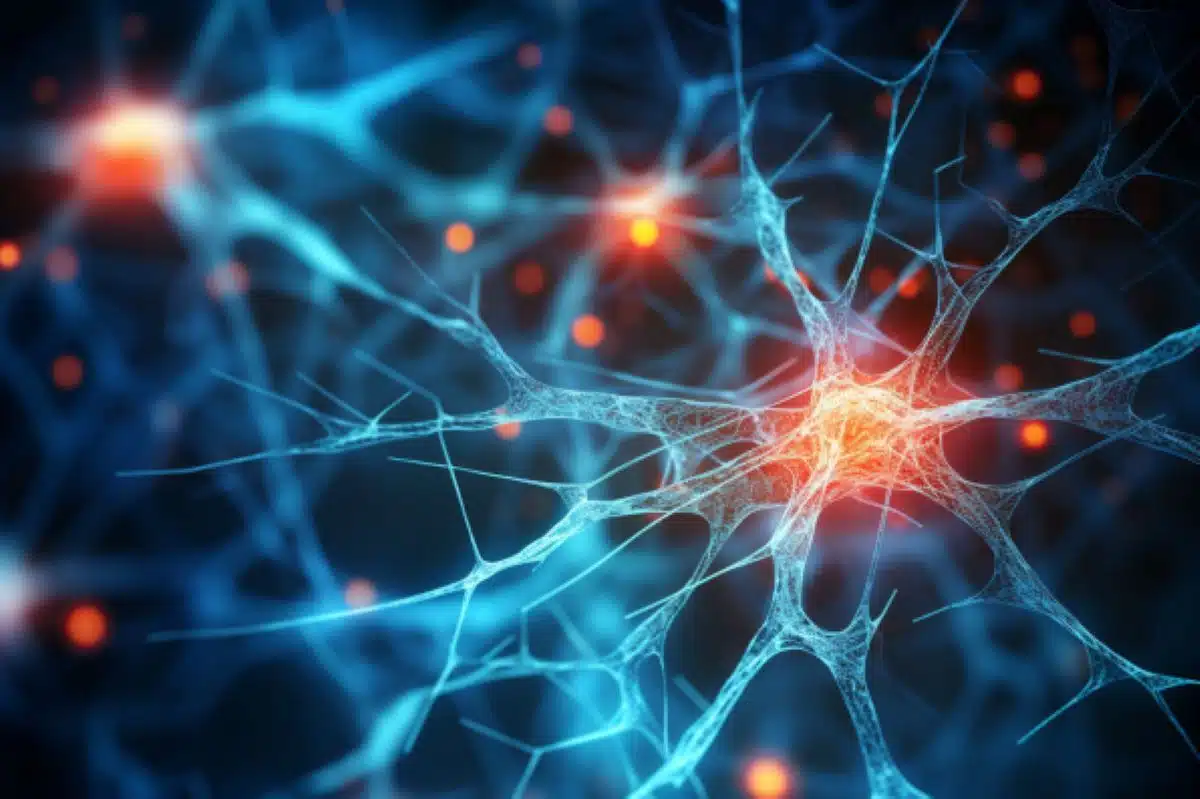
The glymphatic system is a specialised network of vessels in the brain that functions as a waste clearance system. It was first described in 2012 by researchers from the University of Rochester and has since become an important area of study in neuroscience and neurodegenerative diseases.


The glymphatic system’s activity is closely tied to the sleep-wake cycle. It is more active during sleep, allowing for efficient waste clearance and brain detoxification. This may partly explain why sleep is essential for cognitive function and why sleep disturbances have been linked to an increased risk of neurodegenerative diseases.


How to buy a Body Ballancer®
Find Out moreThe Link Between the Lymphatic System and Brain Health
There is a growing body of evidence to suggest that the lymphatic system plays a role in brain health and may be involved in the onset and progression of dementia, including Alzheimer’s disease.
Traditionally, it was thought that the lymphatic system in the brain was absent or less prominent compared with other organs, but recent research has shown that the brain has its own lymphatic system – called the ‘glymphatic system’. The glymphatic system is a specialised network of vessels that helps to remove waste products and clear toxins from the brain, including beta-amyloid, a protein that accumulates in the brains of individuals with Alzheimer’s disease.
In Alzheimer’s disease, there is an accumulation of beta-amyloid plaques and harmful proteins in the brain, leading to the degeneration and death of nerve cells. Research suggests that dysfunction in the glymphatic system may contribute to the impaired clearance of these toxic substances, thereby promoting the development of dementia.
Although the exact mechanisms underlying the relationship between the lymphatic system, the brain, and dementia are still being investigated, research in this area holds promise for potential new therapeutic protocols and strategies for preventing or treating neurodegenerative diseases.
It’s important to note that dementia is a complex and multi-faceted condition with many contributing factors, including genetic predisposition, lifestyle, and other environmental factors. While the lymphatic system appears to be involved, it is just one piece of the puzzle, and more research is needed to fully understand the role it plays in dementia.
The glymphatic system and its role in brain health
The glymphatic system is a specialised network of vessels in the brain that functions as a waste clearance system. It was first described in 2012 by researchers from the University of Rochester and has since become an important area of study in neuroscience and neurodegenerative diseases.
The name “glymphatic” is a combination of “glial” and “lymphatic.” Glial cells are non-neuronal cells in the brain that support and protect neurons, and the lymphatic system is the body’s network of vessels and nodes that clears waste and toxins from tissues. The glymphatic system is primarily involved in clearing waste products and metabolites from the brain, including the removal of harmful substances like beta-amyloid and tau proteins, which are associated with neurodegenerative diseases such as Alzheimer’s.
The glymphatic system works by utilising the flow of cerebrospinal fluid (CSF) to remove waste from the brain tissue. During sleep, the brain’s glial cells, especially astrocytes, expand, creating larger intercellular spaces. This expansion allows CSF to flow more efficiently through the brain tissue, flushing out waste products and toxins in the process. The waste-laden CSF then exits the brain and enters the lymphatic vessels, where it is eventually cleared from the body.
The glymphatic system’s activity is closely tied to the sleep-wake cycle. It is more active during sleep, allowing for efficient waste clearance and brain detoxification. This may partly explain why sleep is essential for cognitive function and why sleep disturbances have been linked to an increased risk of neurodegenerative diseases.
Research into the glymphatic system is still relatively new, and scientists are continuing to investigate its functions and its potential implications for various brain disorders. Understanding the glymphatic system could open up new avenues for developing treatments and preventive strategies for neurodegenerative diseases and other brain-related conditions.
Does lymphatic drainage aid glymphatic health?
The glymphatic system and the lymphatic system are related but distinct systems in the body.
The lymphatic system is a network of vessels, nodes, and organs that carry lymph, a fluid containing immune cells and waste products, throughout the body. It plays a vital role in maintaining fluid balance, removing toxins, and supporting the immune system.
The glymphatic system is a specialised waste clearance system within the brain that helps remove waste products, including beta-amyloid and tau proteins, which are associated with neurodegenerative diseases like Alzheimer’s.
While lymphatic drainage techniques are often used to promote lymphatic circulation and drainage throughout the body, there is currently no direct evidence to suggest that lymphatic drainage directly influences the glymphatic system within the brain.
However, promoting overall lymphatic health through practices like physical activity, staying hydrated, and maintaining a healthy lifestyle may indirectly support glymphatic function. A healthy lymphatic system can aid in the efficient removal of waste products and toxins from the body, which could potentially benefit brain health in the long run.
It is also worth noting it has been widely reported that lymphatic massage aids relaxation and better sleep. With the glymphatic system known to be more active at night, if you struggle with sleep, lymphatic massage might be a great way to help improve it.
While more research is needed to fully understand the connections between the lymphatic system, the glymphatic system, and brain health, adopting a healthy lifestyle that supports overall well-being is a sensible approach for maintaining good brain health and potentially optimising waste clearance processes throughout the body.
Tips on how to maintain good glymphatic health
While research on the glymphatic system is still evolving, there are several lifestyle and health practices that may potentially support glymphatic health and overall brain function. These practices are generally beneficial for brain health and may help optimise the brain’s waste clearance processes. Here’s our top five tips to consider:
1. Get Sufficient Sleep – The glymphatic system is more active during sleep, particularly during deep sleep stages. Aim for 7-9 hours of quality sleep each night to support optimal waste clearance and brain health.
2. Stay Hydrated – Proper hydration is essential for maintaining cerebrospinal fluid flow and waste removal. Drink an adequate amount of water throughout the day to support glymphatic function.
3. Healthy Diet – Eat a balanced diet rich in fruits, vegetables, whole grains, healthy fats, and lean proteins. Antioxidant-rich foods, like berries and leafy greens, may be particularly beneficial for brain health.
4. Reduce Stress – Chronic stress can have negative effects on the brain. Engage in stress-reducing activities, such as mindfulness meditation, yoga, or spending time in nature.
5. Mental Stimulation – Engage in activities that challenge and stimulate your brain, such as puzzles, reading, learning new skills, or get creative with old or new hobbies.
It’s important to note that while these lifestyle practices may be beneficial for overall brain health, they are not a guaranteed prevention or cure for neurodegenerative diseases. If you have concerns about your brain health or are experiencing cognitive difficulties, it’s essential to consult with a healthcare professional for proper evaluation and guidance.
Image three courtesy of The University of Rochester
